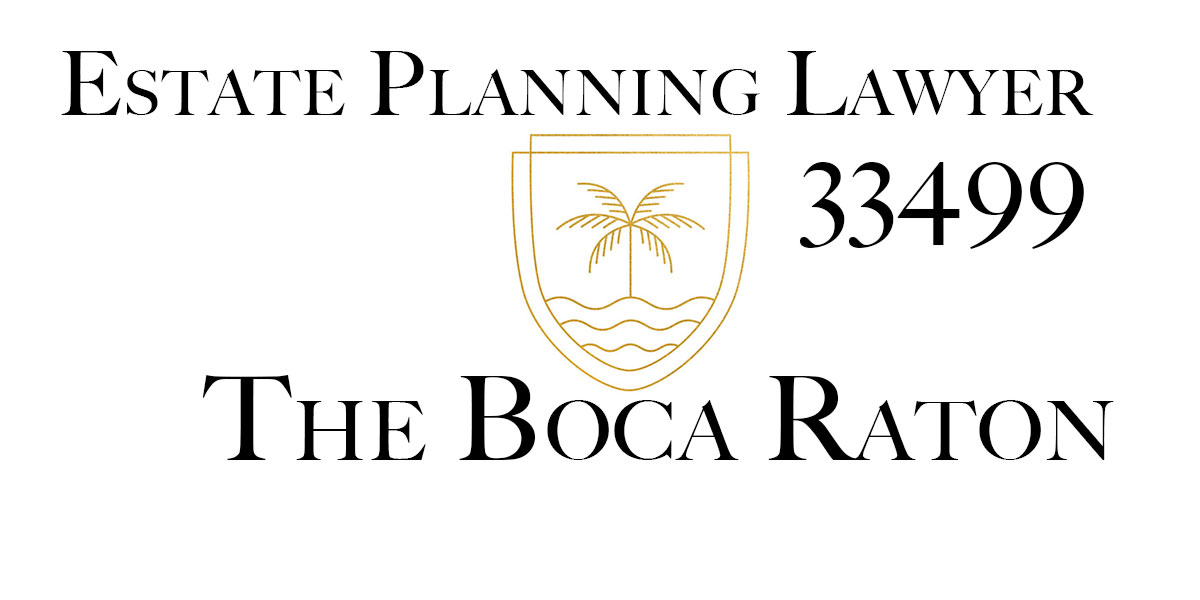Estate Planning Lawyer Boca Raton 33499: Safeguarding Your Future and Legacy
Planning for the future is a responsibility that should never be underestimated. Estate planning is a crucial step in this process, enabling you to protect your assets, provide for your loved ones, and ensure your wishes are fulfilled in the event of your passing. If you are seeking an experienced estate planning lawyer in Boca Raton 33499, look no further than Morgan Legal Group PLLP in Miami. Our dedicated team of attorneys is committed to assisting individuals and families in creating personalized estate plans that secure their futures and preserve their legacy.
The Significance of Estate Planning
Estate planning involves organizing and arranging your financial affairs, properties, and assets to ensure they are distributed according to your desires. Additionally, it addresses planning for the possibility of incapacitation and making provisions for your medical care and the welfare of your loved ones. By engaging in estate planning, you gain the peace of mind that comes with knowing your legacy and the people you care about will be protected and provided for in the future.
Why Estate Planning Matters
While it may be tempting to put off estate planning, recognizing its significance and prioritizing it is crucial. Here are some compelling reasons why estate planning matters:
1. Control Over Your Assets
One of the primary benefits of estate planning is that it allows you to maintain control over your assets and decide how they will be distributed after your passing. Without a valid estate plan, the state’s laws and probate court will determine the fate of your assets, which may not align with your wishes.
2. Protecting Your Loved Ones
Estate planning enables you to ensure your loved ones are well taken care of after you are gone. You can designate beneficiaries, set up trust funds, and make provisions for their financial security and future well-being.
3. Minimizing Estate Taxes
Through strategic estate planning, you can minimize the impact of estate taxes on your assets, allowing more of your hard-earned wealth to pass to your chosen beneficiaries.
4. Avoiding Probate
Creating a comprehensive estate plan can help your loved ones avoid the time-consuming and costly process of probate. Probate can lead to disputes, delays, and unnecessary expenses, which can be minimized or altogether avoided with proper estate planning.
5. Planning for Incapacity
Estate planning involves more than just preparing for the distribution of assets after death; it also addresses planning for the possibility of incapacitation. Through tools like a durable power of attorney and healthcare directives, you can designate someone you trust to make financial and medical decisions on your behalf if you cannot do so.
Key Components of an Estate Plan
An estate plan typically consists of several essential components that protect your assets and fulfill your wishes. While each person’s estate plan will be unique, the following are common elements found in most comprehensive plans:
1. Last Will and Testament
A last will and testament is a legal document outlining how you want your assets to be distributed after passing. It also allows you to appoint an executor responsible for carrying out the instructions in your will.
2. Trusts
Trusts are powerful tools that can be used to manage and distribute assets while avoiding probate. There are various types of trusts, such as revocable living trusts, irrevocable trusts, and special needs trusts, each serving different purposes.
3. Beneficiary Designations
Designating beneficiaries on your financial accounts, life insurance policies, and retirement plans is essential to estate planning. This ensures that these assets pass directly to your chosen beneficiaries without going through probate.
4. Durable Power of Attorney
A durable power of attorney allows you to appoint someone to handle your financial and legal affairs if you become incapacitated and unable to make decisions for yourself.
5. Healthcare Directives
Healthcare directives, such as a living will and a healthcare power of attorney, outline your wishes for medical treatment and designate someone to make medical decisions on your behalf if you cannot do so.
6. Guardianship Designations
If you have minor children, a guardianship designation allows you to name a guardian who will care for them in the event of your passing.
7. Letter of Intent
While not a legally binding document, a letter of intent provides valuable guidance to your loved ones regarding your wishes, preferences, and important information.
Working with an Estate Planning Lawyer
Estate planning is a complex area of law, and attempting to create a plan without legal guidance can lead to mistakes and oversights that could have significant consequences. An experienced estate planning lawyer can help you navigate the process.

